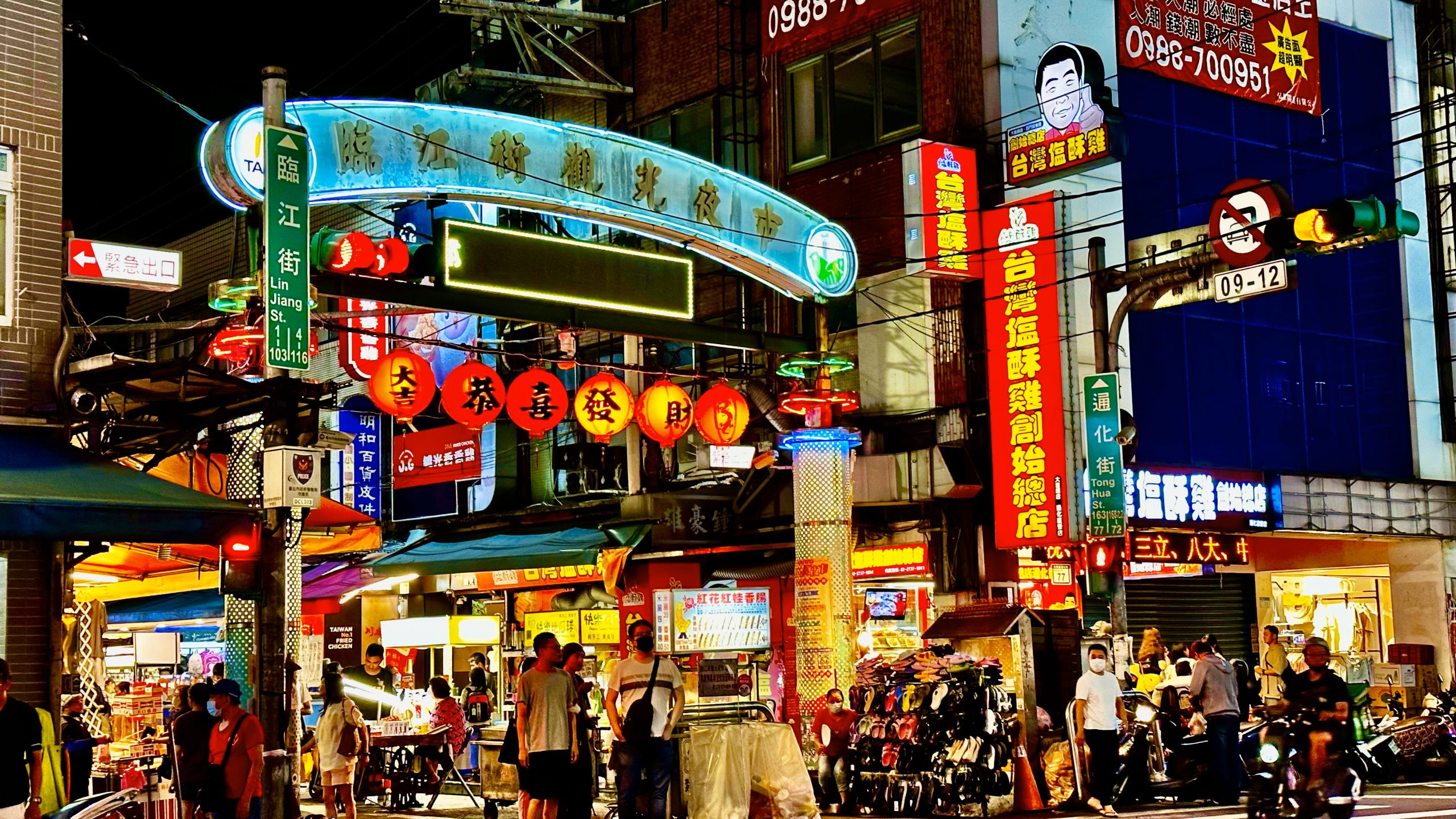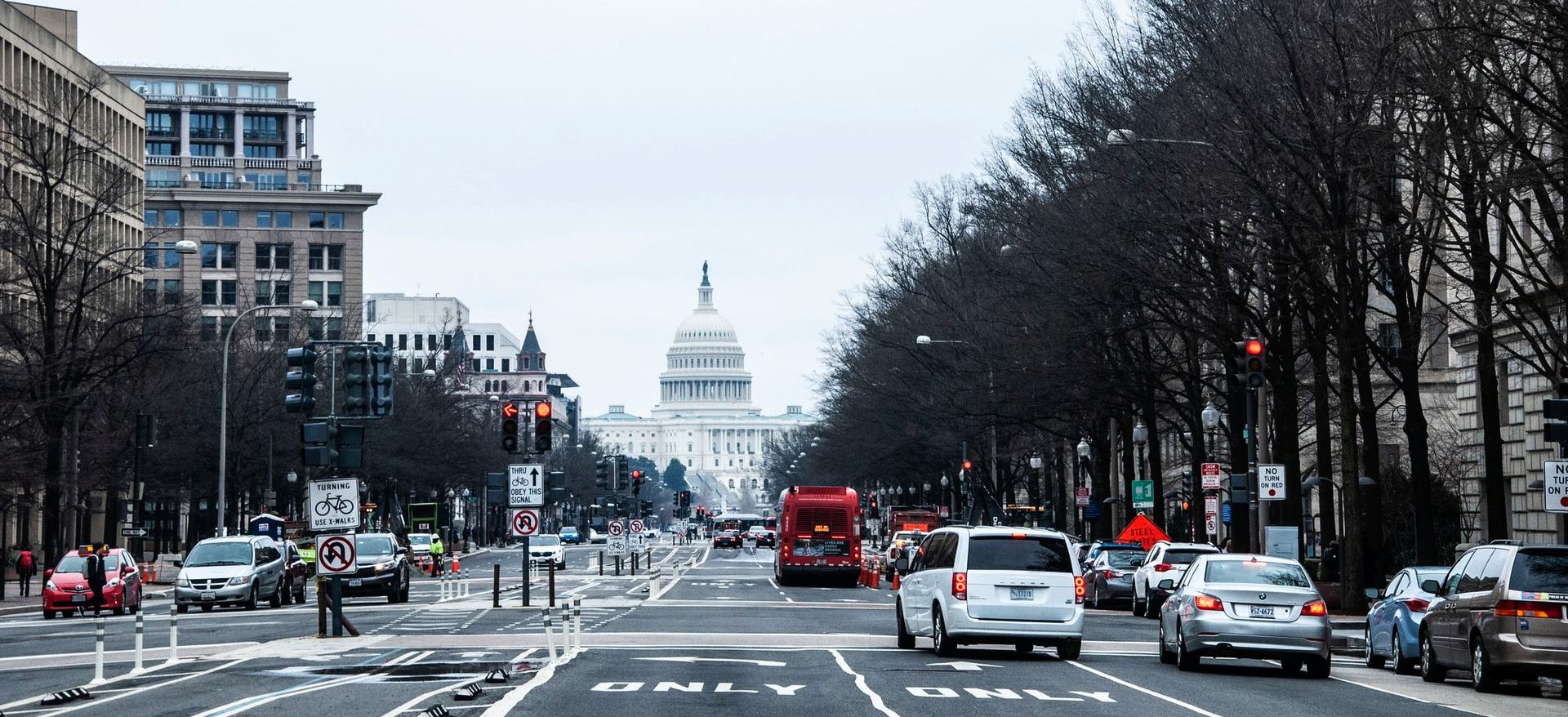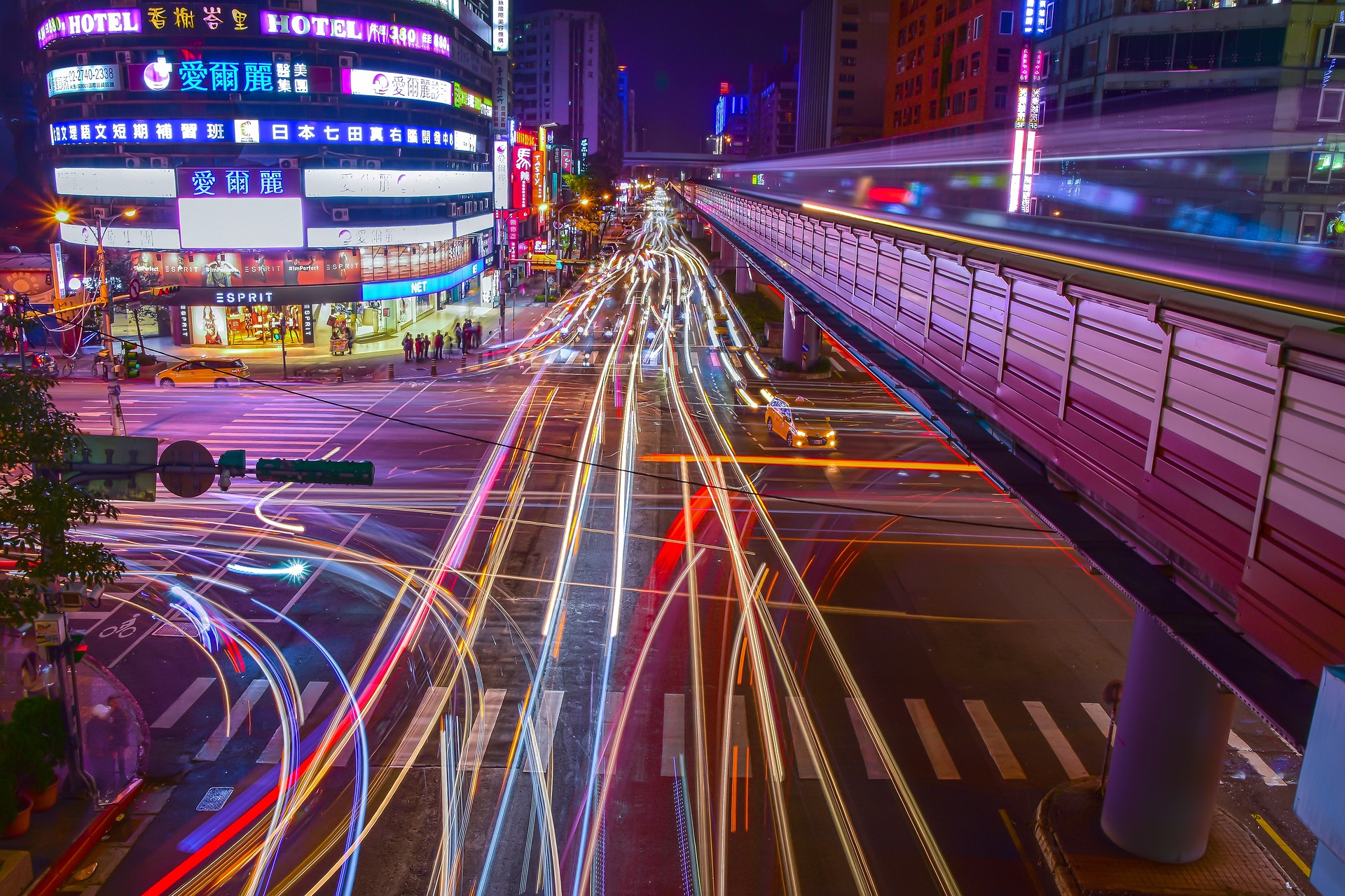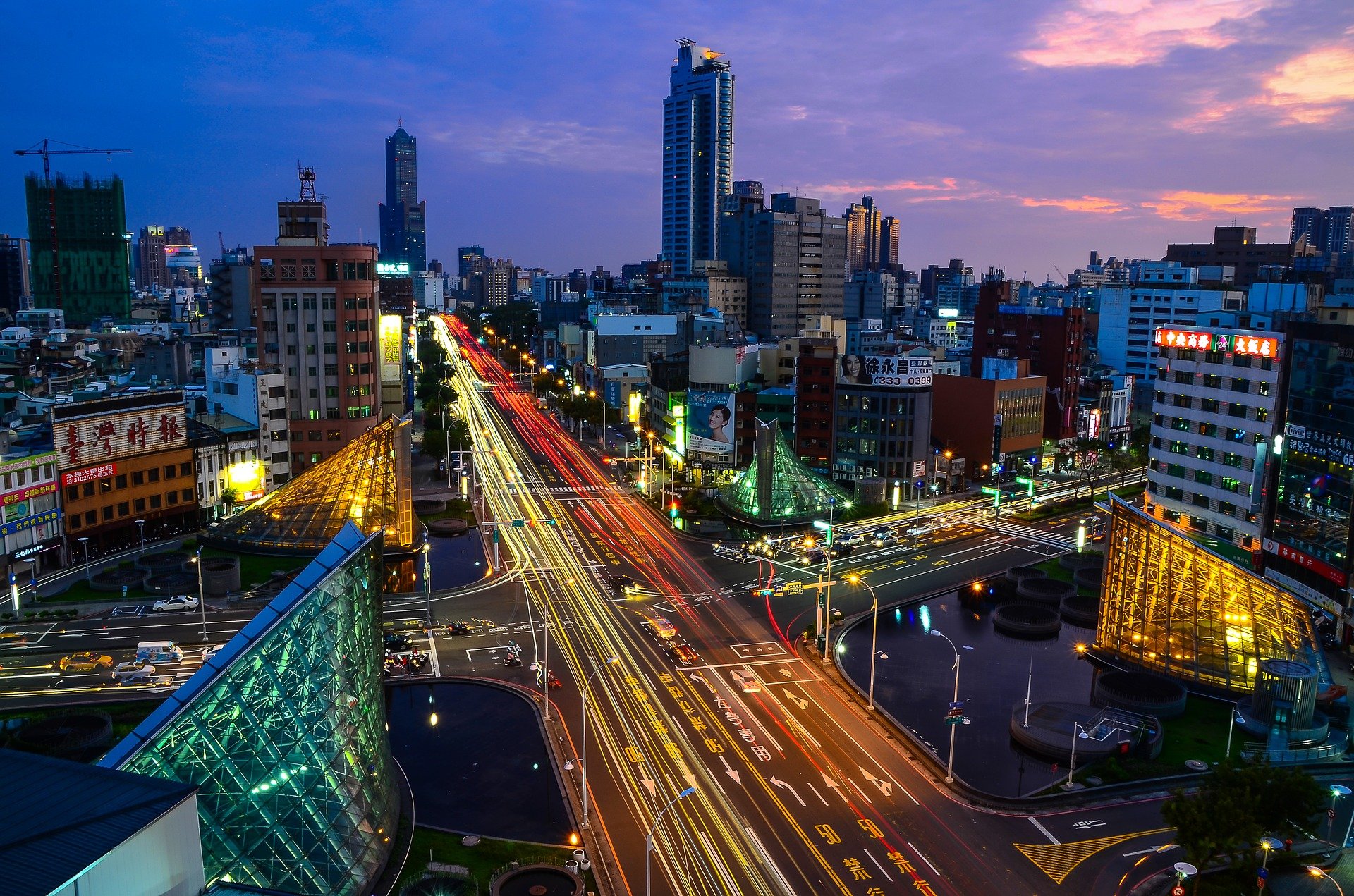
USTBC President Taipei Times Editorial: New Dawn in Taiwan Foreign Policy
Council President Rupert Hammond-Chambers published an editorial in the Taipei Times: New dawn in Taiwan foreign policy

Council President Rupert Hammond-Chambers published an editorial in the Taipei Times: New dawn in Taiwan foreign policy

USTBC President Rupert Hammond-Chambers editorial in the Taipei Times: Canaries in the US-Taiwan Coal Mine

USTBC President Rupert Hammond-Chambers editorial in the Taipei Times: The battle for defense spending in Taiwan

On May 21, 2025, GTI’s Global Taiwan Brief published an article about U.S.-China-Taiwan trade written by the US-Taiwan Business Council spring 2025 intern Annie Tseng.

USTBC President Rupert Hammond-Chambers editorial in the Taipei Times: Trump should bolster ‘arsenal of democracy’ to meet China threat

USTBC editorial in the Financial Times. The U.S. desire to onshore vital semiconductor production must not be allowed to leave Taipei isolated

Editorial by Council President Rupert Hammond-Chambers on resolving the Taiwan arms sales bottleneck. He argues that industry is willing to help, but that it really requires changes to the process that needs to be driven by the U.S. government.

Editorial: The Referendums are Connected to the Future of Taiwan’s International Trade 公投議題攸關台灣國際經貿的未來 (Published in Taiwan, December 12, 2021) Editorial by Rupert Hammond-Chambers – Taiwan United Daily News From December 8-10, 2021, Taiwan participated in President Joe Biden’s The Summit for Democracy. This event gathers the world’s leading democracies to counter authoritarianism, combat corruption, and […]

“Taiwan and the Pandemic: Impact on Businesses and the Economy.” Opinion piece by Council Vice President Lotta Danielsson, published July 15, 2021 by Taiwan Insight, Taiwan Studies Programme, University of Nottingham.

In The Wall Street Journal, USTBC President Rupert Hammond-Chambers argues that the American automobile industry chip shortage is primarily of its own making. U.S. reliance on Taiwan’s chip production further underscores the necessity of binding Taiwan’s technology and security closer to the United States.